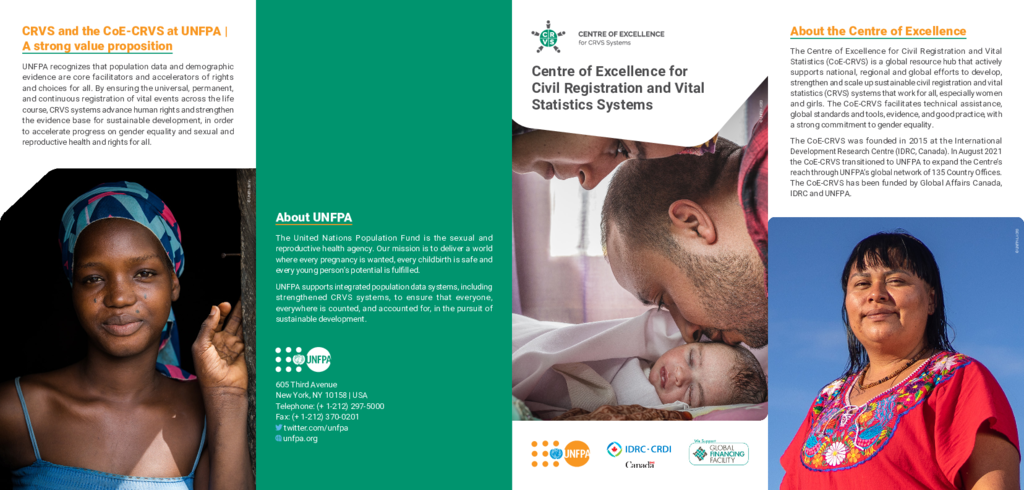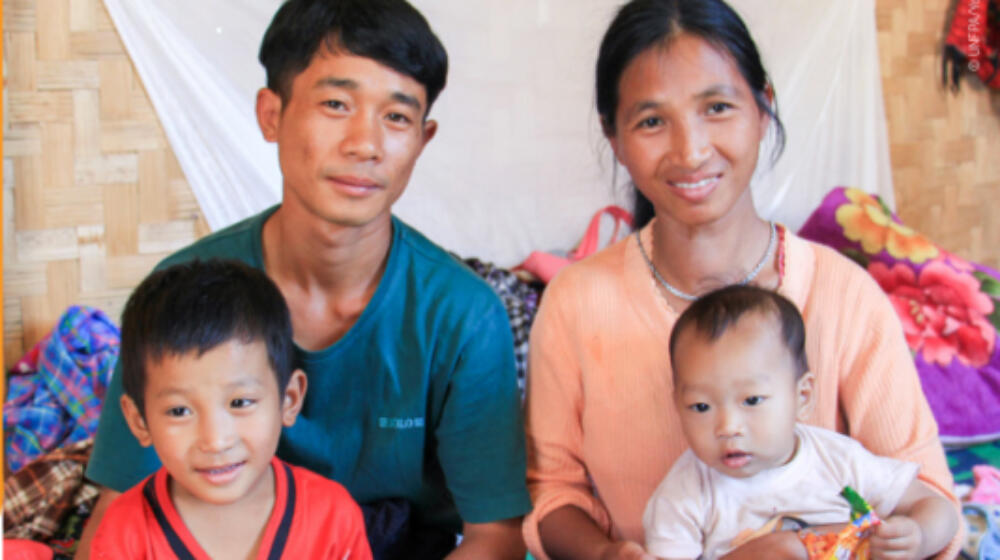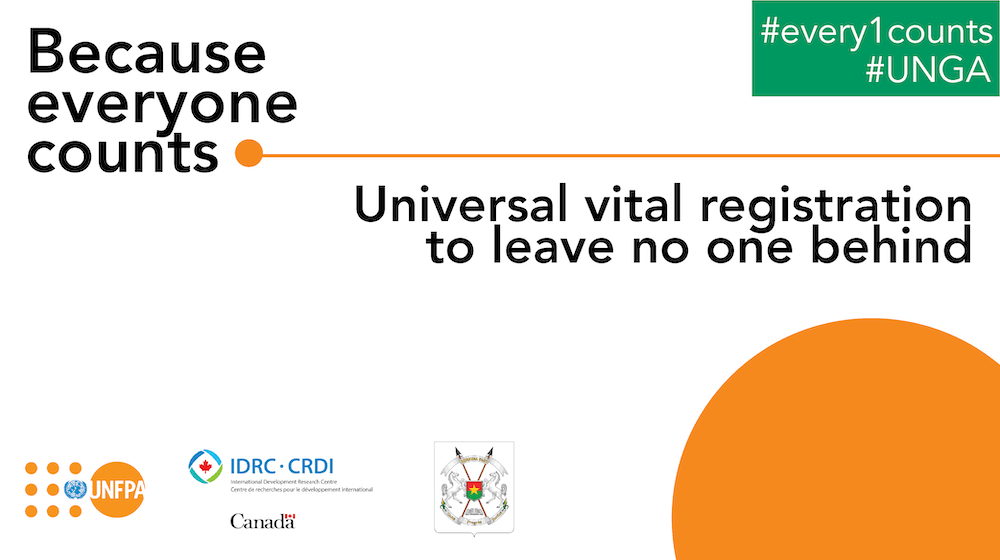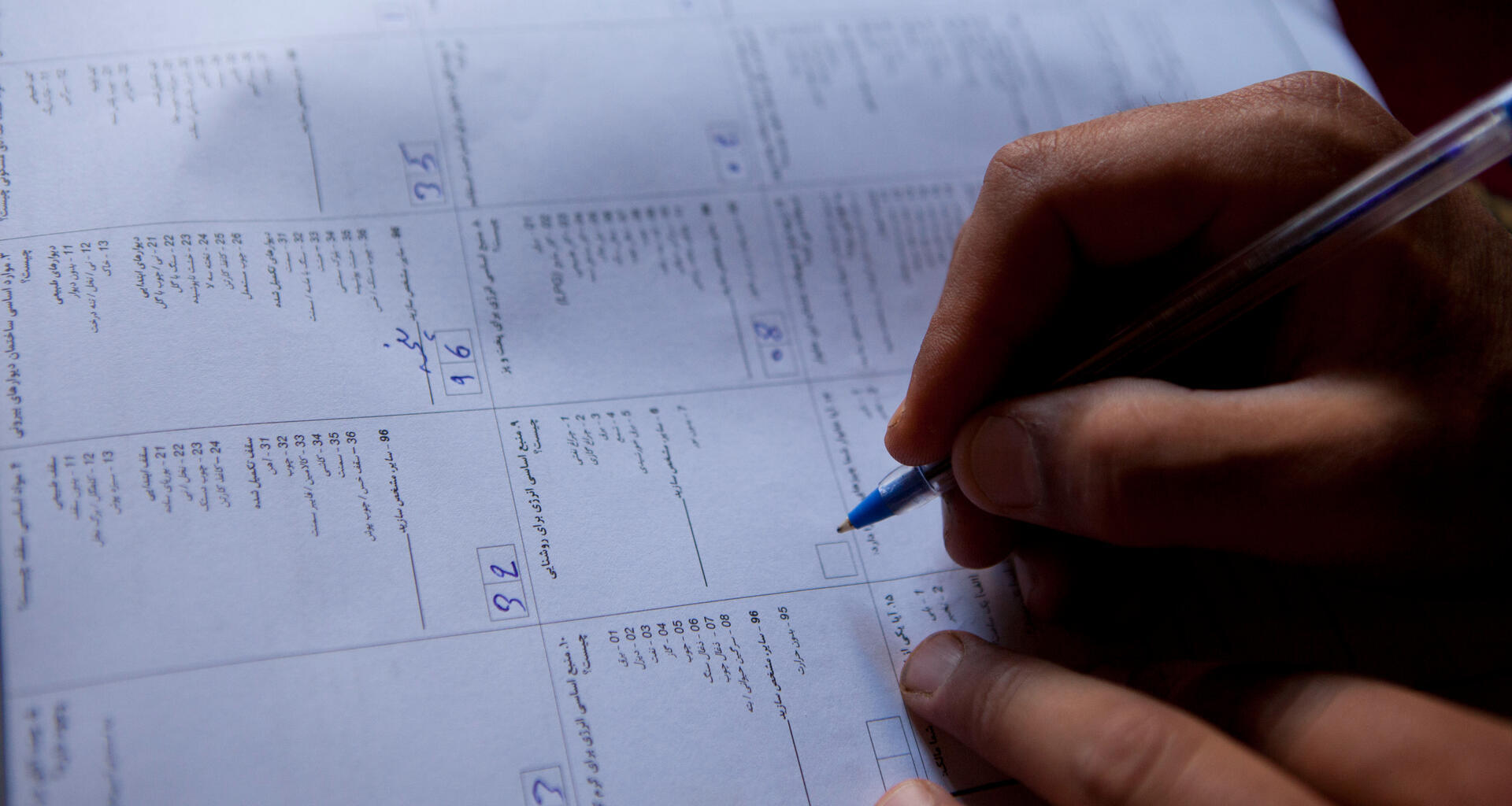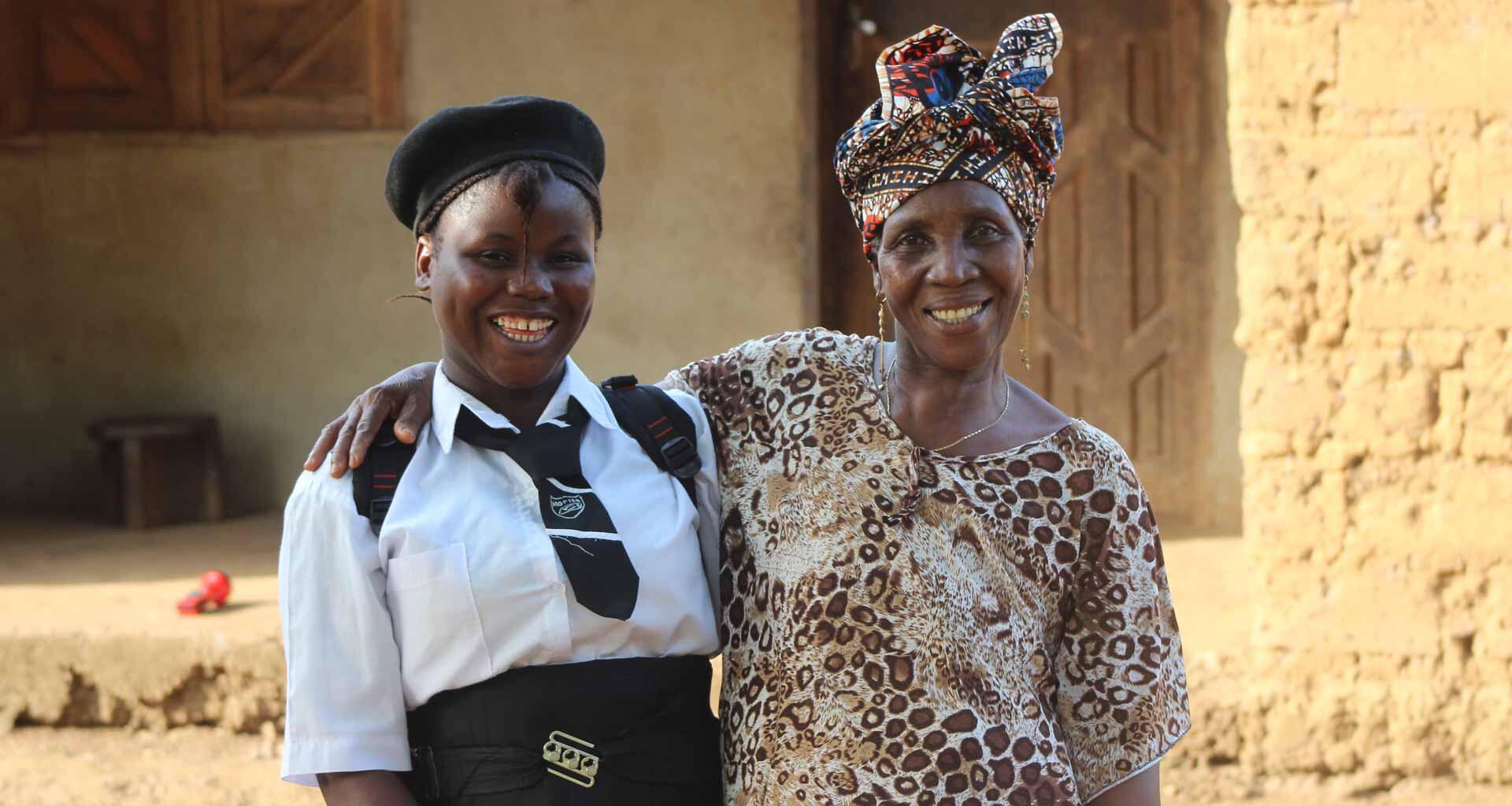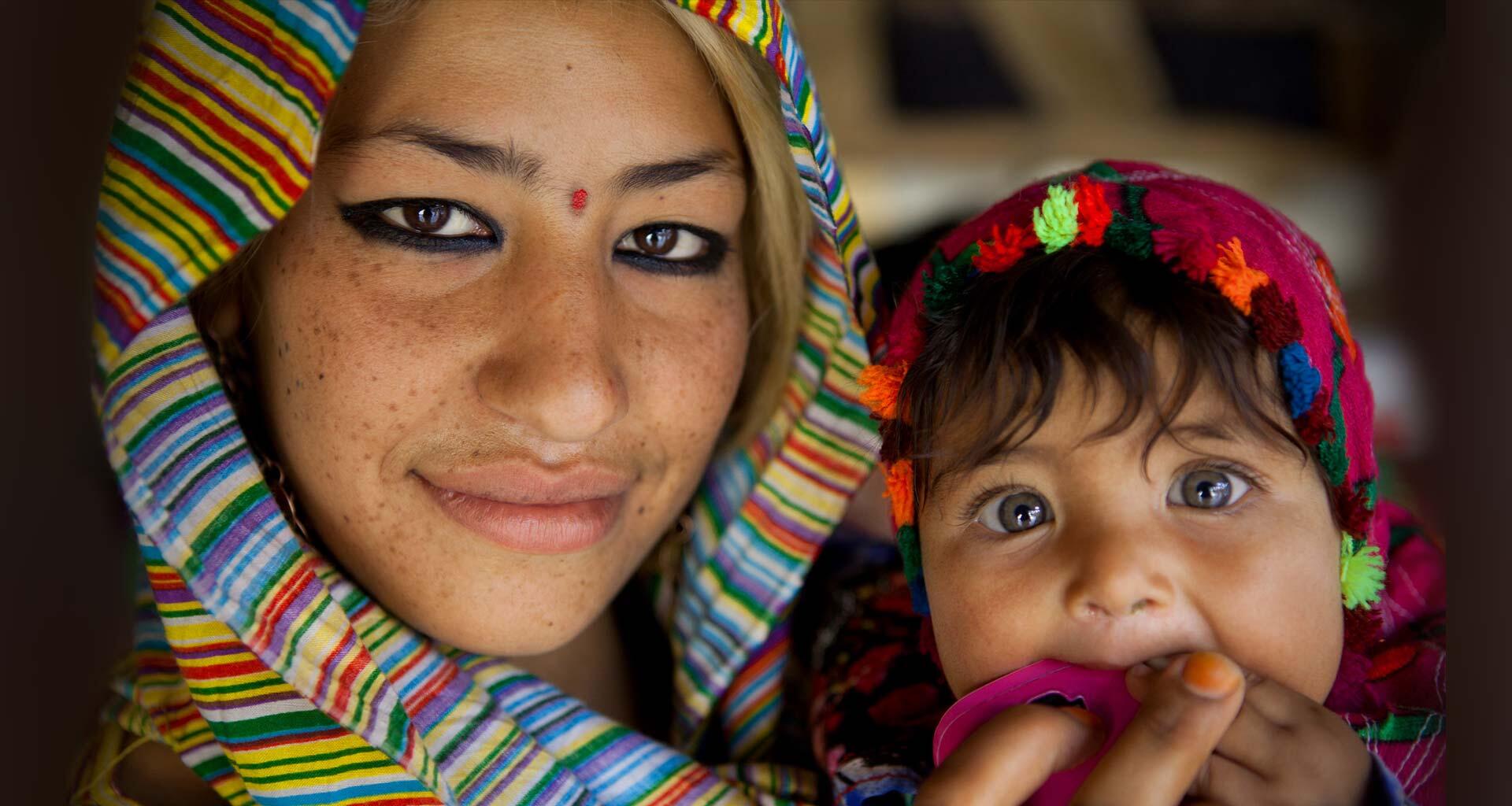Millions of people are born, married and die without leaving a trace of their existence in official legal records. The World Bank estimates that currently more than 1 billion people are unable to prove their identity and are therefore without access to vital services.
One’s civil status begins with birth and ends with death. Some who are born may marry, and some may divorce. Civil registration provides documentary evidence of legal identity, family relationships, nationality and human rights. It facilitates access to essential services in health, education and social welfare, and contributes to gaining formal employment, exercising electoral and parental rights, transferring property, and opening bank accounts and other activities. Civil registration also enables individuals to exercise their right to marry or divorce and secures legal protection for spouses and children.
At the same time, civil registration and vital statistics (CRVS) are pivotal to holding governments accountable for which of their policies and measures work, and for whether a population’s basic needs are fulfilled.
